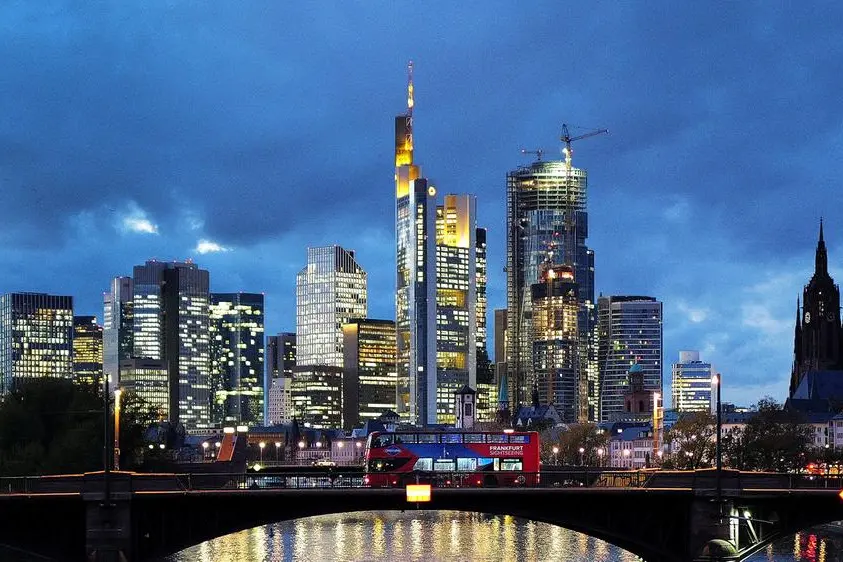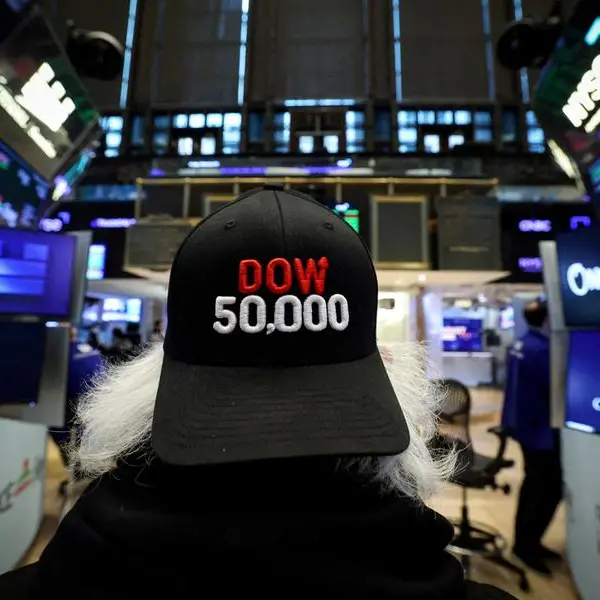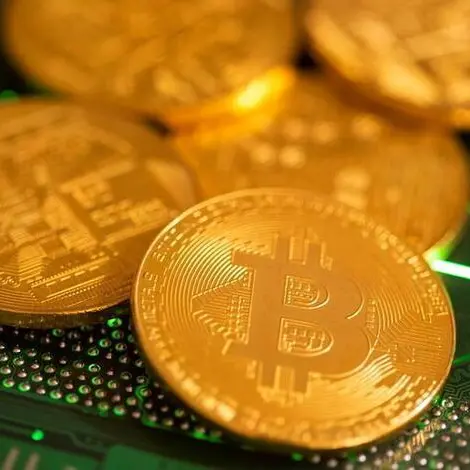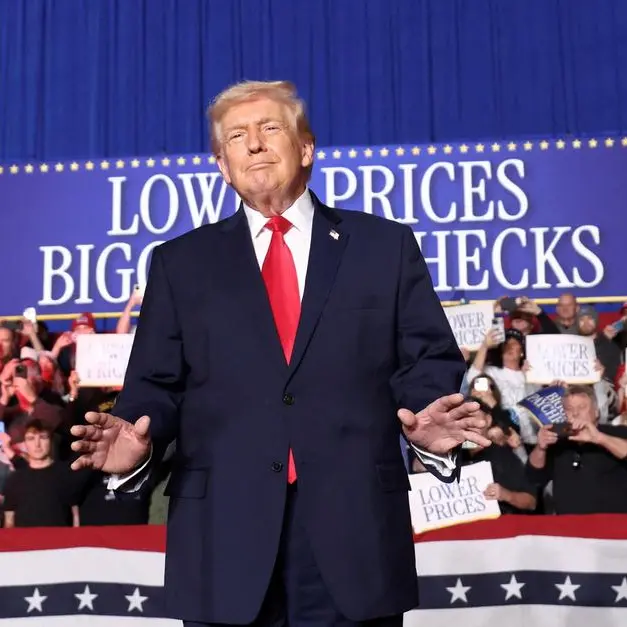PHOTO
(The opinions expressed here are those of the author, a market analyst for Reuters.)
LITTLETON, Colorado - Following rare back-to-back economic contractions in 2023 and 2024, German businesses are hopeful that a new government formed by the conservative CDU/CSU party and the center-left Social Democrats can revive Europe's largest economy in 2025.
High energy costs, weak consumer demand, stiff competition from China and a lack of supportive policy reform have all been blamed for the economic woes facing Germany in recent years, and remain major challenges for the incoming government. Sunday's election results indicate that CDU/CSU may be able to form a government with just one other party and avert a repeat of the previous government's three-way coalition that struggled to decisively alter Germany's policy landscape.
And incoming Chancellor Friedrich Merz has indicated that coalition talks will begin immediately, with industrial growth and job creation among his main priorities.
Below are key data points on Germany's power prices, energy mix, industrial production and foreign trade that can be tracked to gauge the impact of any policy changes under the new government.
POWER PRICES
German industry has cited high energy costs as a major factor impeding growth in recent years, rendering German products uncompetitive on the world stage.
After averaging around 40 euros ($41.84) per megawatt hour (MWh) through 2020, German wholesale power prices jumped to an average of 235 euros/MWh in 2022 as the onset of the Russia-Ukraine war snarled natural gas flows to Europe.
That surge in power costs hammered all major energy consumers in Germany in 2022 and for most of the following year, and resulted in a major contraction in gas use by industry.
Wholesale power prices retreated to an average of around 80 euros/MWh in 2024, but have climbed back above 120 euros/MWh so far in 2025 due to rising regional natural gas prices, which help set regional power costs.
Going forward, power prices will remain a critical gauge of industrial health.
German power firms already plan to add more renewable energy generation capacity in 2025, but new policy measures that accelerate clean energy additions could help to boost overall power supplies and potentially cap wholesale prices.
Continued high reliance on natural gas for power production, however, means that Germany's influence over power prices will likely remain beyond the reach of policymakers and power producers.
GAS FIX
The share of natural gas within Germany's power generation mix is another factor determining the outlook for the country.
Germany relies on imports for over 95% of its gas supplies, according to the Energy Institute, and used gas to generate around 17% of its electricity in 2024, according to Ember.
That gas generation share was the highest since 2020, and indicates that Germany's power system has actually become increasingly gas-reliant despite the cuts to pipeline supplies from Russia since 2022.
To replace the reduced Russian supplies, Germany has boosted gas imports from the United States and other suppliers in the form of liquefied natural gas (LNG), which can cost multiple times more than gas supplied via pipeline.
If German power producers and industry continue to rely on gas for a substantial share of generation, government policies that help lower the cost of imported gas could help spur greater power consumption and output by industry.
But given restrictions on government debt in Germany, the incoming government may struggle to pass measures to reduce the gas cost burden for power firms without facing opposition from parliament members who are against debt increases.
OUTPUT AND TRADE
Due to a mix of high power costs as well as weak demand for German-made industrial goods, German production of a slew of energy-intensive products including steel, fertilizers and chemicals has slumped in recent years.
German output of cars has also been hit by weak local consumer demand as well as record exports of cars from China that have served to undermine demand for Germany's vehicles.
The incoming German chancellor campaigned on expanding the country's industrial base, and has vowed to protect and grow jobs in the sector.
But policies aimed at spurring demand for German industrial goods require changes to taxes and spending levels, which again may encounter parliamentary opposition from rival parties.
Policymakers may also aim to boost Germany's exports, which have flagged since 2022 amid weak global consumer demand and stiff competition from other exporting nations.
But given the impending tariffs imposed by U.S. President Donald Trump, as well as ongoing trade disputes between Europe and China, the incoming German government may have only limited scope to influence export flows over the near to medium term.
The opinions expressed here are those of the author, a market analyst for Reuters. ($1 = 0.9559 euros)
(Reporting By Gavin Maguire; Editing by Jamie Freed)
Reuters





















